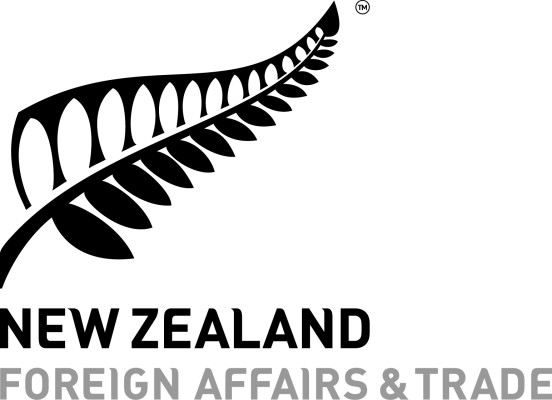Pacific Capacity-Building Workshop for the Implementation of the Arms Trade Treaty
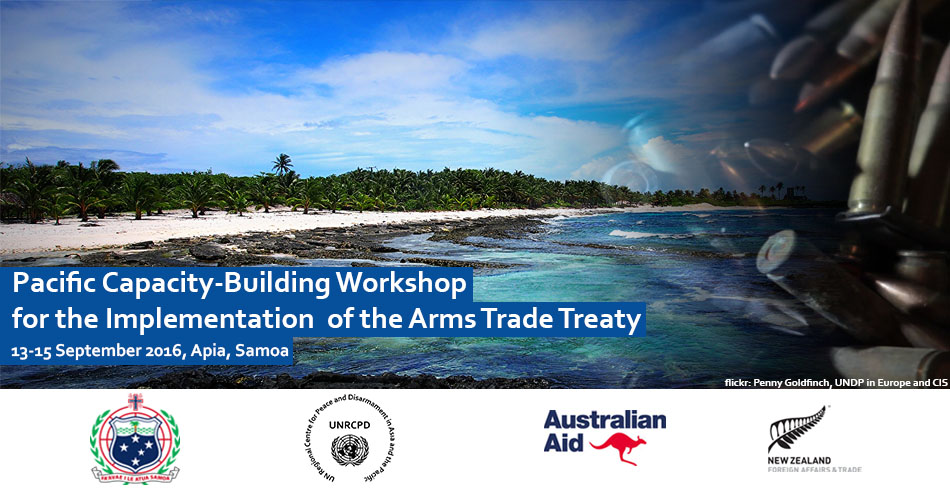
The Government of Samoa and the United Nations Regional Centre for Peace and Disarmament in Asia and the Pacific (UNRCPD) jointly organized a workshop on building national and regional capacity for the implementation of the Arms Trade Treaty (ATT) in the Pacific, in Apia Samoa, from 13 to 15 September 2016. The workshop, which was made possible with the financial support from the Governments of Australia and New Zealand, brought together approximately 25 participants from Pacific Island States to meet with international arms control experts from government, civil society and academia. This event was one of the first of its kind to be hosted on location in a Pacific Island State.
The three-day workshop covered issues related to the implementation of the ATT, including sessions on the outcomes of the second Conference of States Parties to the ATT; the steps, benefits, and challenges of joining the ATT; the reporting requirements of the Treaty, options for future assistance; the development of national control systems; and the broader relevance of the ATT for the Pacific Region. Arms control experts, including representatives from the Governments of Australia and New Zealand, UNODA, Pacific Small Arms Action Group (PSAAG), Small Arms Survey and Massey University provided an overview of the region’s security considerationsin relation to the provisions of the ATT and discussed model legislation. Moreover, State representatives from Fiji, Kiribati and Vanuatu shared national practices and experiences in preparation for the ATT implementation, highlighting both opportunities and challenges encountered in preparations for the Treaty’s ratification or accession. Representatives from Australia, New Zealand, Samoa and Tuvalu also provided case study examples, discussing their experiences of already having completed the ratification of the ATT. Workshop discussions centred on legal and technical issues, experiences and challenges in the implementation process, and potential opportunities for future assistance and cooperation with UNRCPD.
In addition, following the first day of the workshop, Ambassador Dell Higgie of New Zealand moderated a special session on the Convention on Cluster Munitions (CCM), highlighting the importance of the universalisation of the convention, as well as the obligations relevant to Pacific States. The representative of Palau, which became the 100th State Party to the CCM, spoke about her country’s motivation in joining the Convention.
The final day of the workshop was dedicated to a practical exercise on compiling national reports to the UN Programme of Action on SALW, the Register of Conventional Arms and on Military Expenditures. The exercise included presentations from UNRCPD Director, Mr. Yuriy Kryvonos, and Mr. Hideki Matsuno, from the Conventional Arms Branch of UNODA. Following the presentations, UNRCPD and UNODA staff conducted a practical exercise on compiling the national reports, that resulted in submitting a total of six reports on military expenditures to the UN Register by Pacific States (all were “nil” reports).
In the post-event evaluations, participants provided positive feedback, citing their satisfaction with the quality and discussion elements of the workshop. Moreover, participants identified specific areas of interest for future assistance, demonstrating a commitment to further working towards the implementation of the ATT.
| Meeting hosted by: | |
| Government of Samoa | |
| Meeting funded by: | |
|
Government of Australia Government of New Zealand |
|


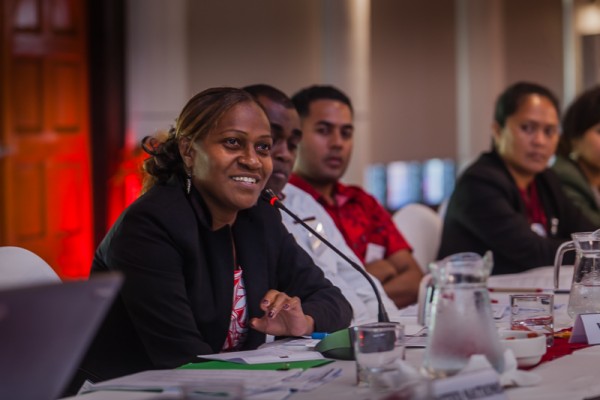
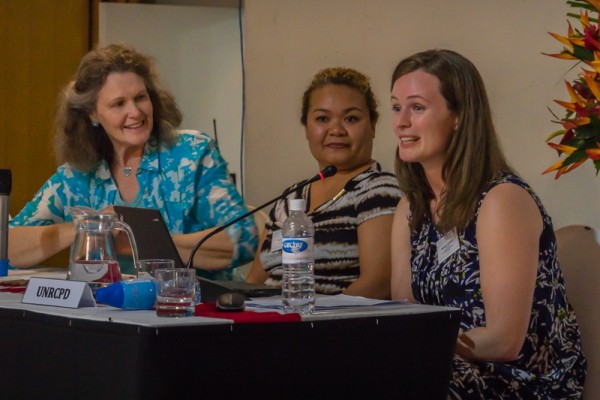
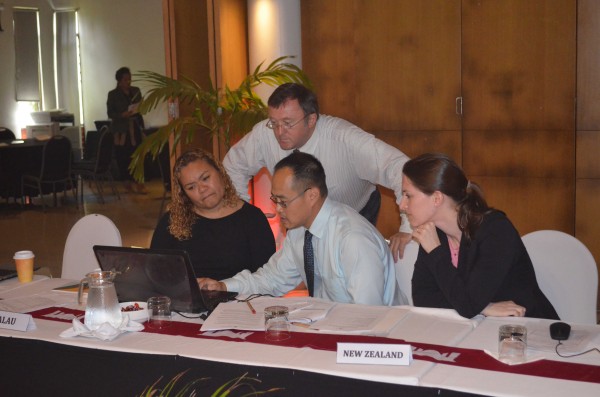
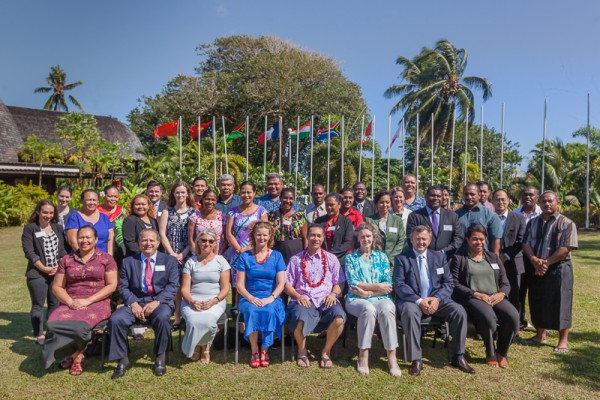

![[AU] Australian Aid - Color](http://unrcpd.org/wp-content/uploads/2016/07/AU-Australian-Aid-Color.jpg)
